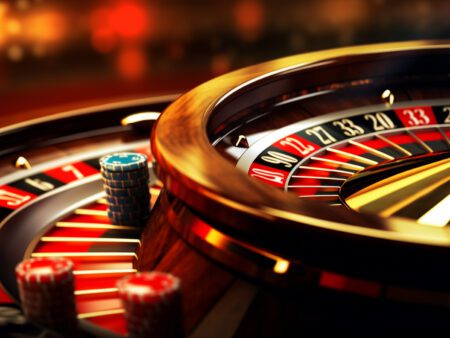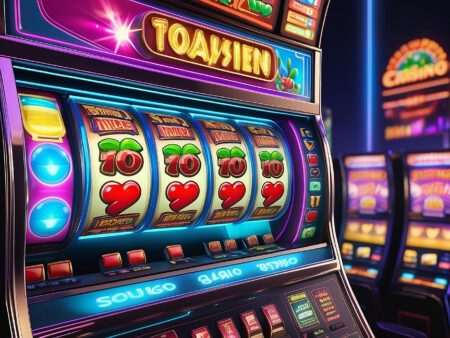Discover the concept of roulette wheel bias and its potential for profit. Explore the science, challenges, and ethics behind exploiting roulette wheel biases.
Roulette Wheel Bias: Can You Exploit Imperfections for Profit?
Roulette is one of the most popular casino games, captivating players with its combination of chance and strategy. While roulette is generally regarded as a game of pure luck, there is a fascinating concept known as roulette wheel bias that has captured the attention of gamblers and mathematicians alike.
In this article, we will explore the concept of roulette wheel bias, discuss its potential for profit, and delve into the science behind it. Let’s dive in!
What is Roulette Wheel Bias?
Roulette wheel bias refers to the physical imperfections or inconsistencies that can arise in the manufacturing and usage of roulette wheels. These imperfections, sometimes the result of wear and tear over time, can lead to certain numbers or sections of the wheel being favored over others. As a result, the outcome of the wheel is no longer completely random, but rather influenced by these biases.
How Does Roulette Wheel Bias Work?
The most common type of roulette wheel bias occurs due to manufacturing defects or wear on the wheel. Even with modern manufacturing techniques, it’s nearly impossible to create a perfect roulette wheel that spins with exactly the same level of randomness for every spin.
Over time, the frets, which are the dividers between the numbered pockets on the wheel, can become loose, uneven, or worn out. This can cause the ball to favor certain pockets, leading to a biased outcome in the long run.
In addition to manufacturing defects, other factors such as the ball, the dealer’s spin, and the wheel’s tilt can also contribute to roulette wheel bias. However, it’s important to note that these biases are usually small and can only be exploited over a large number of spins.
Exploiting Roulette Wheel Bias
While roulette wheel bias sounds like a strategy for guaranteed wins, it’s crucial to understand that exploiting these biases is not as easy as it may seem. In today’s modern casinos, many measures are in place to detect and prevent such biases.
However, there have been documented cases of players successfully exploiting roulette wheel biases in the past. One well-known example is the story of Joseph Jagger. In 1873, Jagger hired a team of clerks to record the outcomes of roulette wheels in a casino in Monte Carlo. Through meticulous analysis, he discovered a bias in one of the wheels and capitalized on it, winning over £60,000 (equivalent to millions today).
Even though it is possible to exploit roulette wheel biases, there are several challenges involved. Firstly, identifying and measuring the biases requires extensive data collection and analysis. Secondly, the biases are often small and can be easily masked by the casino’s countermeasures. Lastly, even if a bias is successfully exploited, it may attract unwanted attention from casino staff, leading to countermeasures or even banning from the casino.
The Ethics of Exploiting Biases
As with any gambling strategy, the ethics of exploiting roulette wheel biases can be a topic of debate. While it is within the rules of the game, some argue that it goes against the spirit of fair play.
Ultimately, it is up to each individual player to decide where they stand on this issue. It’s important to understand the potential risks and consequences before attempting to exploit any biases.
The Future of Roulette Wheel Bias
With advancements in technology and increased scrutiny in casinos, the opportunities for exploiting roulette wheel biases have significantly diminished. Casinos now use automated systems to detect and prevent biases, ensuring a fair game for all players.
However, the concept of roulette wheel bias remains a fascinating aspect of the game. It serves as a reminder of the intricacies and complexities that can exist even in seemingly straightforward games of chance.
Conclusion
Roulette wheel bias offers an intriguing glimpse into the world of casino games and the potential for manipulating the odds. While it is difficult to exploit biases successfully in modern casinos, the concept continues to captivate gamblers and mathematicians alike. Whether you view it as an opportunity or a challenge, understanding the science and mechanics behind roulette wheel bias adds a new dimension to the game of roulette.










